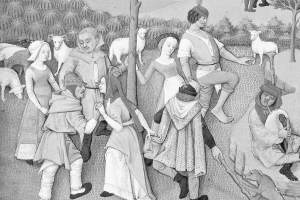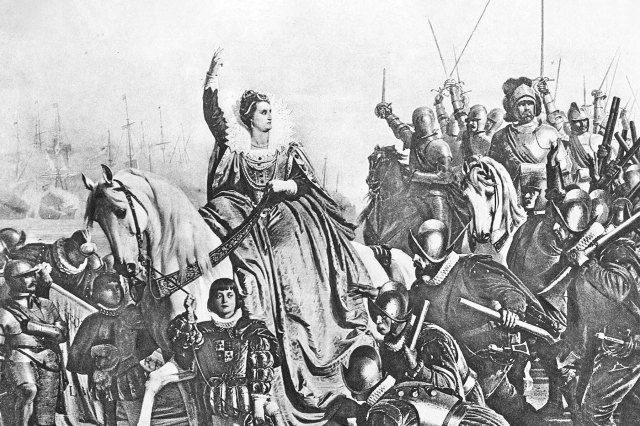Stealing pineapples used to be a serious crime.
If you stole a pineapple today, you’d likely end up paying a small fine, but the punishment for pineapple theft was far more severe between the 16th and 19th centuries in Britain. Pineapples were first introduced to the European continent in the late 1400s, and rapidly gained popularity as a rare — and expensive — luxury among the elite. Growing pineapples on British soil proved challenging, and few made it back from Britain’s Atlantic colonies without spoiling. This made the fruit all the more desirable, and by the 1770s, the most expensive pineapples were valued around £60 to £80, or roughly $17,000 to $23,000 today.
The scarcity and value of pineapples meant they were the target of many thieves, and given the high cost of each pineapple, those who were caught were subject to heftier fines and punishments than people who stole more common, inexpensive foods such as bread. By the late 18th century, farmers figured out how to grow pineapples on British soil, and many hired security guards to protect their crops. Still, criminals remained determined to get their hands on the valuable fruit. In 1807, a man named John Godding was charged with stealing seven pineapples, and was sentenced to seven years in an Australian penal colony. Eventually, pineapple rental shops began appearing throughout Britain, allowing middle-class Brits to borrow pineapples to be used as centerpieces at parties. By the latter half of the 19th century, Britain was importing more of the fruit than ever, and advances in refrigeration and canning made pineapples easier to come by.















